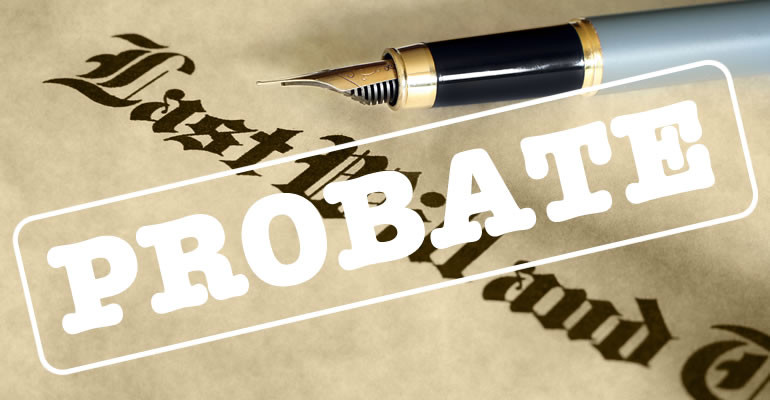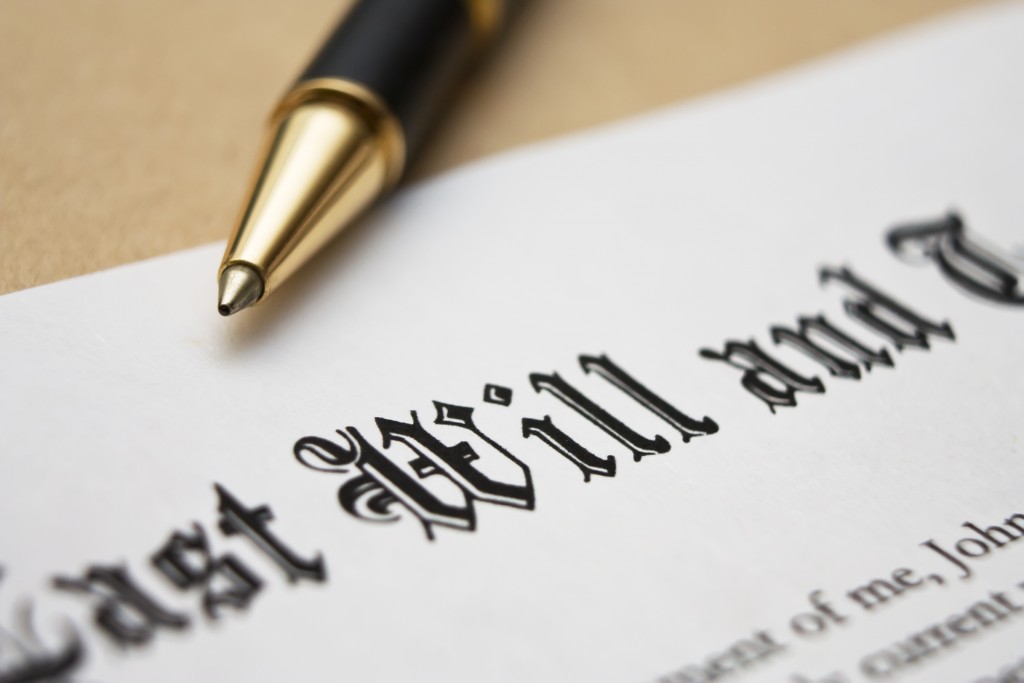
This piece will look at what is a grant of probate, who can apply for a grant, what documents are needed for probate, is it always necessary to extract a grand of representation, and more.
There are different types of grants of representation possible in Ireland, depending on whether the deceased made a will or not including
Extracting a grant of representation allows the administration of the estate of the deceased.
Is it Necessary to Extract a Grant?
There are certain circumstances where it may not be necessary to extract a grant of representation at all.
For example:
- Joint tenancies of property where the property passes to the surviving owner by survivorship
- Small estates-if the cash assets in an estate are less than €31,750, many financial institutions will release the monies without a grant provided the beneficiaries are clearly identified.
However, there are certain situations where extracting a grant to administer the estate is necessary. These cases include
- Freehold land-where the deceased owned ‘realty’ in his sole name, it will always be necessary to extract a grant.
The general rule is that if the deceased had significant assets in the State, it will be necessary to extract a Grant.
Inland Revenue Affidavit (Form CA 24)
The first step in extracting a grant of representation is to fill out an Inland Revenue Affidavit (CA 24)
This is a sworn statement by the personal representative of the deceased of all the assets, debts, liabilities etc. of the deceased.
It is a long, detailed form which itemizes
- Property in the State
- Shares
- Debts due to deceased
- Debts owing by the deceased
- Funeral expenses
- Property outside the state
- Financial assets
- Beneficiaries
- And more.
A ‘personal representative’ includes both executors (testate situation) and administrators (intestacy).
What is a Grant of Probate?
A grant of probate is a grant which issues from the probate office to the executor appointed in a will which ‘proves the will’ and registers it. This then allows the executor to administer the estate.
An executor does not have to act and can renounce his/her office. However, once an executor agrees to act and applies for the grant of probate, he/she cannot renounce without the consent of the High Court.
If an executor renounces, the order of priority of who can apply to extract a grant is set out in Order 79, rule 5(6) of the Superior Courts.
Rule 5(6) states:
(6) Where the deceased died on or after the 1st day of January, 1967, domiciled in Ireland, leaving a will appointing no executor, or appointing an executor or executors who have been cleared off by death, renunciation, citation, or otherwise, the person, or persons entitled to a grant of administration with will annexed shall be determined in accordance with the following order of priority, namely:
(a) any residuary legatee or devisee holding in trust for any other person;
(b) any residuary legatee or devisee for life;
(c) any other residuary legatee or devisee or, subject to sub-rule (9) (b) hereof, which provides that live interests be preferred to dead interests, the personal representative of any such residuary legatee or devisee;
(d) any residuary legatee or devisee for life jointly with any ultimate residuary legatee or devisee on the renunciation or consent of the remaining residuary legatees or devisees for life;
(e) where the residue is not in terms wholly disposed of, the Probate Officer may, if he is of opinion that the testator has nevertheless disposed of the whole or substantially the whole of the estate as ascertained at the time of the application for a grant, allow a grant to be made to any legatee or devisee entitled to, or to share in, the estate so disposed of, without regard to the person entitled to share in any residue not disposed of by the will;
(f) where the residue is not wholly disposed of by the will, any person (other than a creditor) entitled to a grant in the event of a total intestacy according to the order of priority set out in sub-rules (1) to (5);
(g) any legatee or devisee or any creditor or, subject to sub-rule (9) (b), the personal representative of any such person.
Rule 5(1) deals with the order of priority as to who can apply in an intestate situation:
5. (1) In determining to whom letters of administration of the estate of a person who died on or after the 1st of January, 1967, wholly intestate and domiciled in Ireland shall be granted, the persons having a beneficial interest in the estate of the deceased shall be entitled to a grant of administration in the following order of priority, namely:
(a) the surviving spouse;
(b) the surviving spouse jointly with a child of the deceased nominated by the said spouse;
(c) the child or children of the deceased (including any person entitled by virtue of the Legitimacy Act, 1931, to succeed to the estate of the deceased);
(d) the issue of any child who has died during the lifetime of the deceased;
(e) the father or mother of the deceased or, in the case of an illegitimate person who died without having been legitimated, the mother;
(f) brothers and sisters of the deceased (whether of the whole or half-blood);
(g) where any brother or sister survived the deceased, the children of a predeceased brother or sister;
(h) nephews and nieces of the deceased (whether of the whole or half-blood);
(i) grandparents;
(j) uncles and aunts (whether of the whole or half-blood);
(k) great grandparents;
(l) other next-of-kin of nearest degree (whether of the whole or half-blood) preferring collateral’s to direct lineal ancestors;
(m) the nominee of the State;
Who Can Apply for a Grant of Probate?
Persons who are executors, either by appointment in the will or by tenor due to the functions that are assigned to them in the will, can apply for a grant of probate.
Documents Needed to Apply for a Grant of Probate
At a minimum, the documents needed to apply for a grant of probate are:
- The original will
- A certified copy of the will
- The oath of executor and a copy
- The Inland Revenue Affidavit (CA24)
- The Revenue Certificate for the High Court
- The death certificate
- The Probate Office fees.
Other documents may be required depending on the circumstances, eg affidavit of due execution or testamentary capacity.
By Terry Gorry Google+



